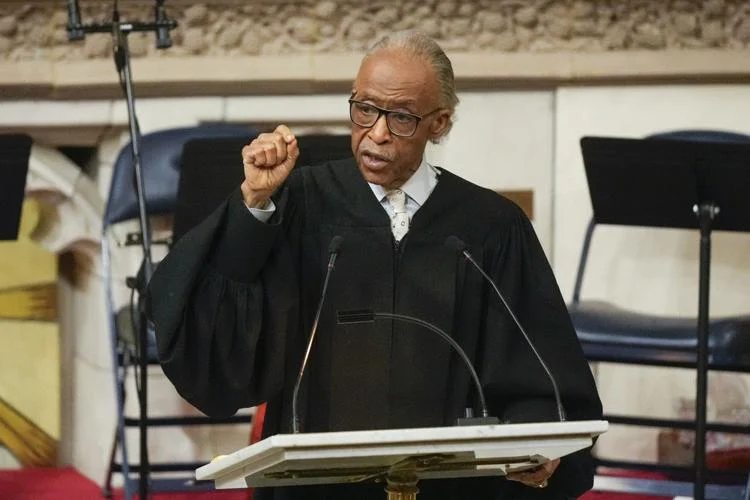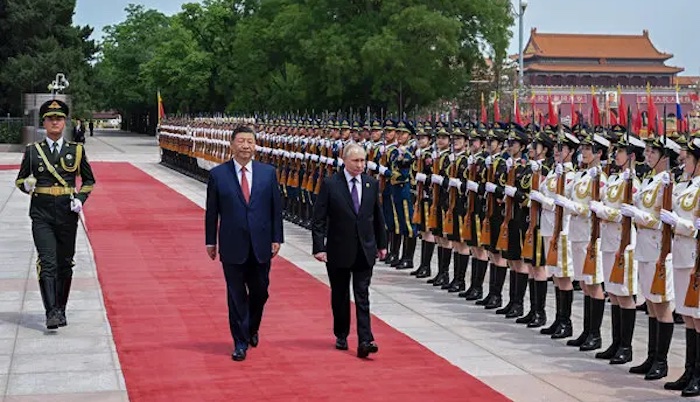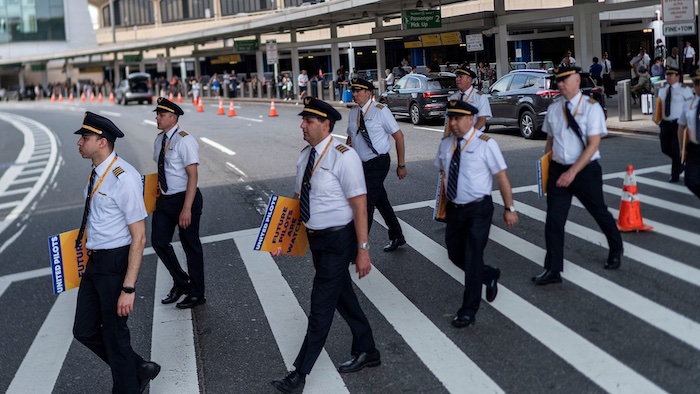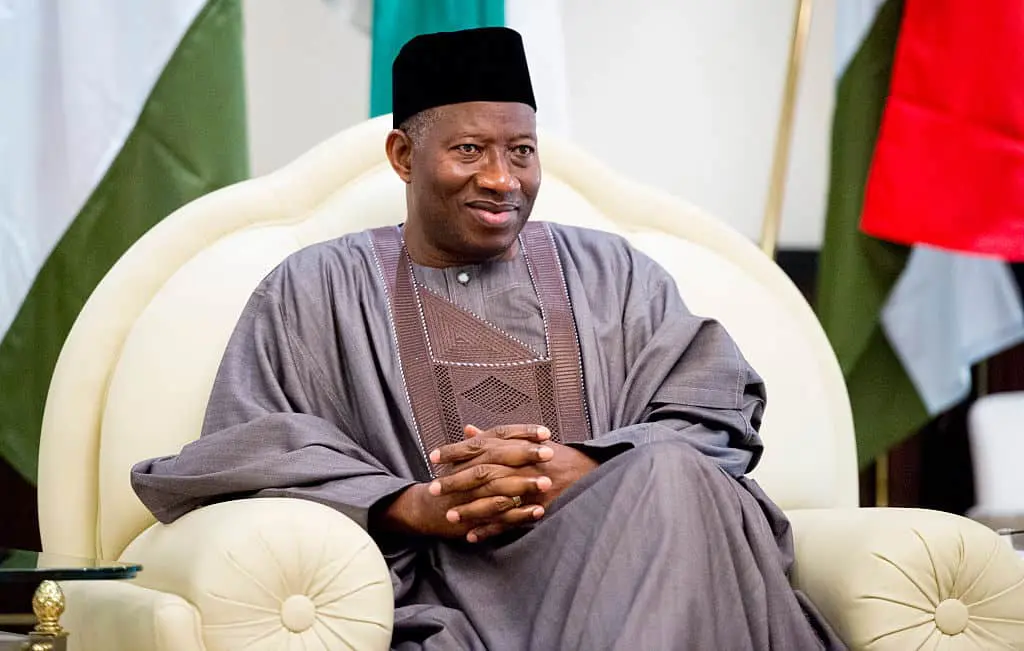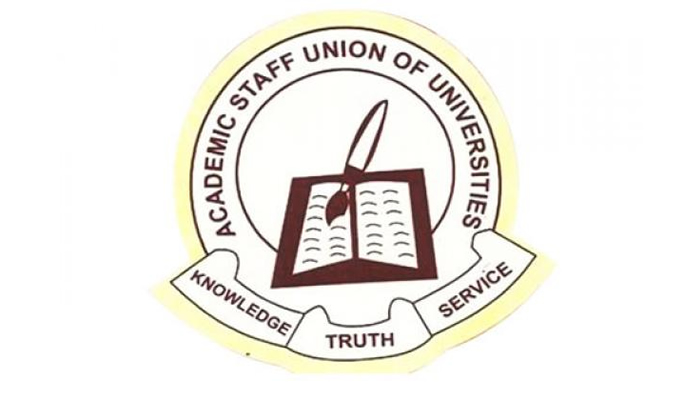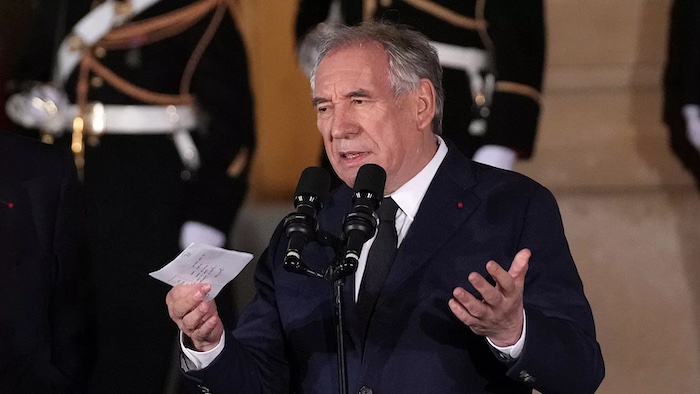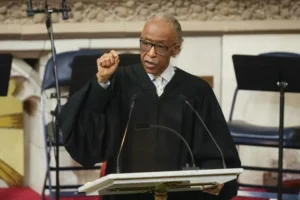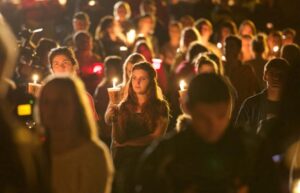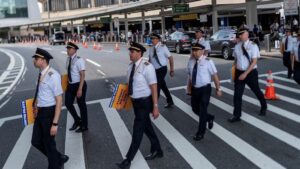Schools and universities across Bangladesh have been closed indefinitely following the deaths of six people in protests over government job quotas. University students have been demonstrating against the system that reserves certain public sector jobs for relatives of war heroes from the 1971 independence war, as well as for women, ethnic minorities, and the disabled. A third of these positions are allocated to families of war heroes, which students argue is discriminatory, advocating instead for merit-based recruitment.
Recent clashes have erupted in several cities, including Dhaka, between anti-quota protesters and supporters of the ruling Awami League’s student wing, the Bangladesh Chhatra League (BCL). The confrontations involved the use of bricks, sticks, tear gas, and rubber bullets, resulting in hundreds of injuries. Abdullah Shaleheen Oyon, a coordinator of the anti-quota movement, accused BCL members of instigating violence and blamed the police for failing to protect students.
Government jobs are highly desirable in Bangladesh due to their competitive pay. More than half of these positions are reserved for specific groups, a system critics claim unfairly benefits families allied with Prime Minister Sheikh Hasina, who secured a fourth consecutive term in January. Although the Hasina government abolished the quotas in 2018 after previous protests, a court reinstated them in June, sparking the latest unrest.
Officials reported fatalities in Chittagong, Dhaka, and Rangpur, with media suggesting that at least three of the deceased were students. The government attributes the violence to opposition factions, particularly the Jamaat-e-Islami and the Bangladesh Nationalist Party (BNP). Law Minister Anisul Huq stated that the court’s suspension of the quota system would be reviewed on August 7, allowing students to present their case.
Following violent clashes, police conducted a late-night raid on BNP headquarters in Dhaka, which senior BNP leader Ruhul Kabir Rizvi denounced as a ploy to intimidate students. Protests have disrupted traffic in major cities, with students expressing outrage over comments allegedly made by Ms. Hasina, comparing them to razakars, or collaborators with the Pakistani army in 1971. Although government ministers claim her remarks were misinterpreted, the comparison has fueled tensions.
State Minister for Information and Broadcasting Mohammad Ali Arafat denied that the Awami League’s student wing incited the violence, blaming anti-quota students for intimidating residents in Dhaka. UN Secretary-General António Guterres urged the government to protect demonstrators from threats and violence. Despite increased security measures, including the deployment of Border Guards Bangladesh in key cities, students vow to continue their protests until their demands are met.


